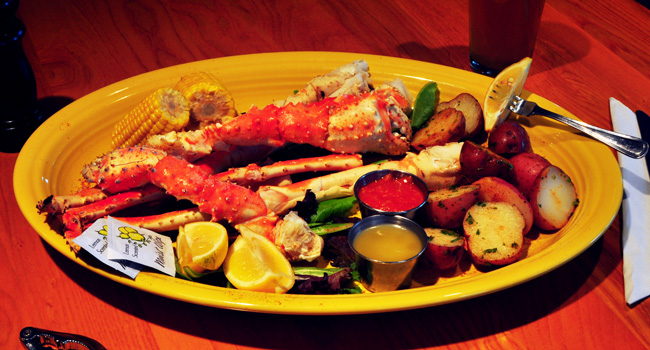Shoals Grill - Mooresville Restaurant - Live Entertainment
Shoals Grill is the spot to be in Mooresville. Our extensive menu is filled with favorites from Ribeye steaks to a Seafood Feast! Enjoy one of our signature burgers or just have a nice glass of wine at our full-service bar. We feature live entertainment throughout the week and have nightly specials.
Call for details: 704-660-1211


